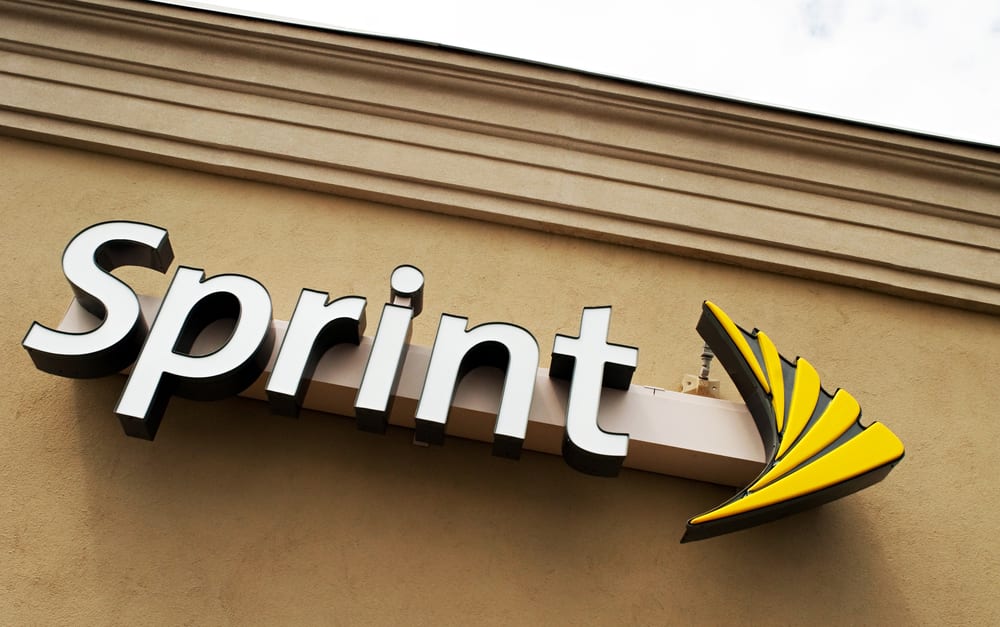The recent news of Sprint ousting its CEO, who has served in that role since 2007, is yet another sad step in the long saga of the Sprint Nextel merger of late 2004, where the CEO at that time made a disastrous mistake in priority setting. He ignored the short and long term needs of the merged company’s customers and focused exclusively on short term Wall Street demands.
Here is the story in more detail, as described in BusinessWeek:
When the Sprint Nextel merger was announced in late 2004, Wall Street was highly critical, claiming they paid way too much ($35 billion). In reaction, while the CEO of Sprint had promised to generate synergistic savings of $12 billion, he quickly upped that to $14.5 billion to quiet down the uproar on Wall Street. Consequently, while the CEO was claiming publicly that the merger would result in a world-class mobile operator with industry-best customer service, cost cutting became his one and only priority.
The specific cost cutting efforts within the company became quite draconian. For example, in the customer services area, the individuals taking phone calls from disgruntled customers were evaluated on how many phone calls they could take within a one hour period. Amazingly, customer service agents had to report their time spent going to the bathroom! Given the cost pressures, minimal effort was launched to tackle the much needed task of upgrading and merging the two separate networks, the key to quality customer service in the future.
By late 2007, the stock price of Sprint had gone from $24 per share at the time of the merger down to the $7.00 range. Even worse, Sprint Nextel was losing customers since the network quality was atrophying quickly versus competition. This led to the board finally replacing the CEO.
The new CEO served from early 2008 until just a few weeks ago. During that 7 year period, the challenges left from the debacle of 2004-2007 were monumental. The debt load was huge (over $30 billion currently), customers service was bad, and the brand’s reputation was very weak. The loss of subscribers was non-stop (e.g., in the past 18 months Sprint has lost 2.8 million customers). The total losses during 2007-2014 were $47 billion; $29 billion of that was due to the write-off of a large portion of the merger since clearly it was a disaster. The stock price is currently in the $5.70 range.
It is a sad tale, but there is valuable learning here related to the CEO who championed the merger. While the thinking behind the merger was bad enough, what he did by making cost cutting the overarching priority was to trash the Sprint’s reputation and to ignore product performance. While that leader claimed publically the mission of the merger was to generate a world-class wireless operator with best-in-class customer service, he did nothing to make that a priority internally.
Here is the key lesson: At every juncture it is the responsibility of the leader to make sure the priorities are correct. In the telecommunications business, it’s all about customer service. As smartphone and cell phone owners, we all know that. The right priorities would have been to do whatever it took to maintain and improve customer service while doing whatever is possible to manage costs and to unify the two networks. Whether or not that was financially possible should have been the core issue in deciding to do the merger in the first place.
Images: “Susan Law Cain /Shutterstock.com”
__________________________________________________________________________________
 Connect with Tweak Your Biz:
Connect with Tweak Your Biz:
Would you like to write for Tweak Your Biz?
Tweak Your Biz is an international, business advice community and online publication. Today it is read by over 140,000 business people each month (unique visitors, Google Analytics, December, 2013). See our review of 2013 for more information.
An outstanding title can increase tweets, Facebook Likes, and visitor traffic by 50% or more. Generate great titles for your articles and blog posts with the Tweak Your Biz Title Generator.


 Connect with Tweak Your Biz:
Connect with Tweak Your Biz:


